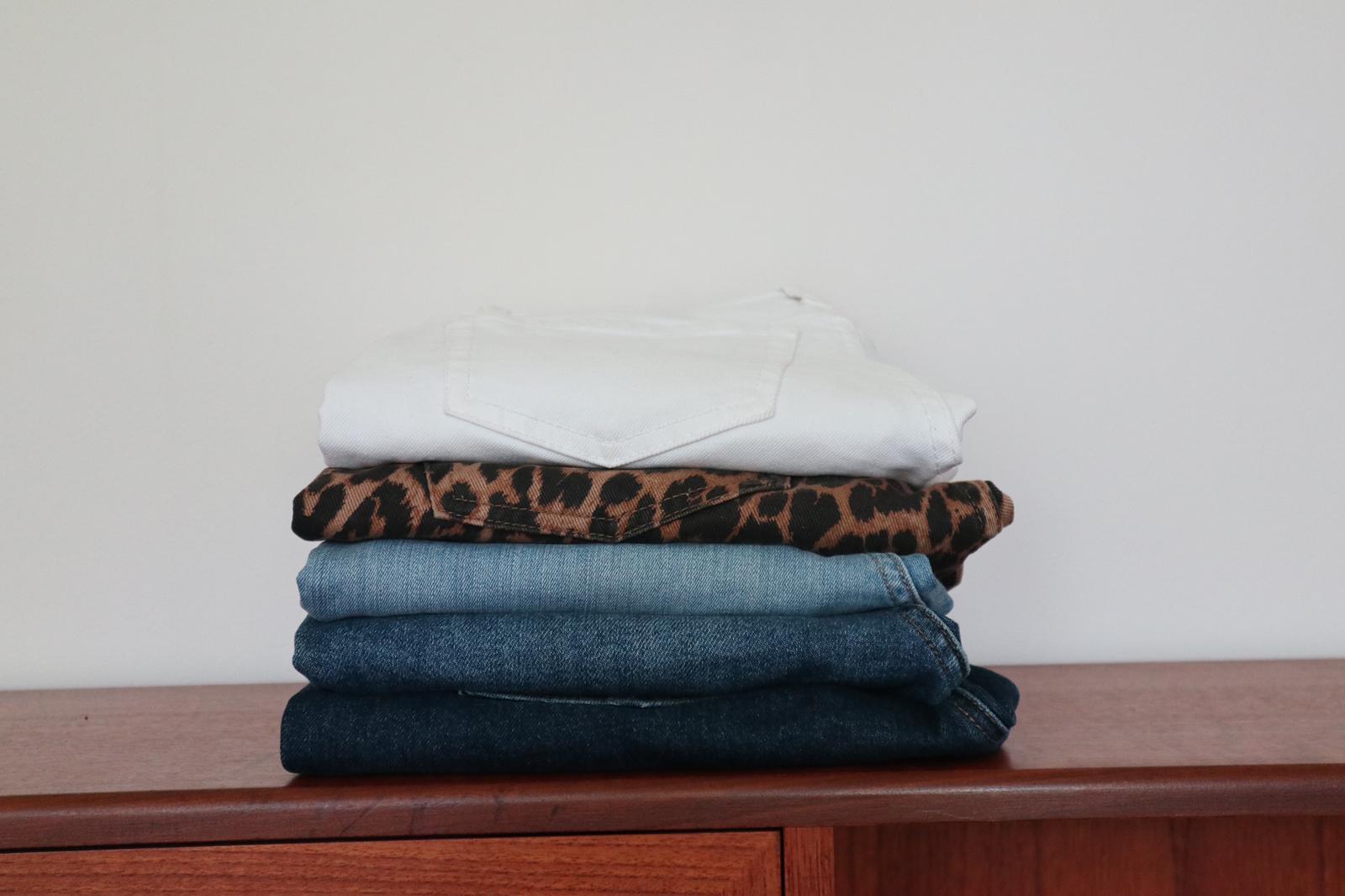For whatever reason you’ve decided to embark on a spending ban. Maybe you already have too much clothing. Or you spend too much money on clothing. OR maybe you use buying clothes as crutch for negative emotions you feel, and you’re trying to break this cycle. Whatever the reason is, it’s a very healthy decision. However, I think we all have experiences of trying to make new, healthy habits, and finding it very hard to stick to them. That’s because our brains don’t really like new. They like old reliable, easy habits, that it can repeat over and over again without even having to think very hard about it. Could this explain our habitual shopping habits?
Like any new habit, we have to make it as easy for our brains as possible to take on board. Wanting to start going to the gym in the mornings? Try leaving your gym outfit at the end of your bed so it’s right there when you wake up. Want to read more? Leave a book in your handbag for the commute, and a book by your bed for some nighttime reading. We are incredibly intelligent beings, but our braisn react better to what it already knows, so we have to be patient with it, and also coax it into these new changes by making them fool proof.
Last year I did a 3 month shopping ban and this year I’m doing a Low-Buy year, so I wanted to share my tips that have helped me to stay on track and make the process much more comfortable for me, with as little resistance as possible. It won’t all be plain sailing, especially if we are used to buying what we want when we want, without much thought, but it’s an amazing learning process and one where I think you will get to know yourself a bit better through this journey. However long you are planning to not shop for, I hope these tips are helpful.
Unfollow brands | Marketing emails, Social Media Profiles etc
We certainly don’t need a constant notification about the latest thing that everyone is buying, or a dress for only £10.. As new emails come through be sure to scroll to the bottom and unsubscribe, or add them to your spam. This will be hugely beneficial in the long run, and trust me, you won’t miss them at all! You can also do the same on social media by either unfollowing accounts that trigger you to shop or hiding them from your newsfeed.
Gather Inspiration to Style what you Own Already
If you’re not going to be introducing anything new into your closet, you may have to resort to some creative thinking to keep things interesting. Styling what you already own in new ways can make it seem like there is some kind of ‘newness’ going on in your wardrobe. Pinterest is great for endless outfit inspiration, as is Instagram. I love to follow accounts that promote second hand fashion or living with a capsule wardrobe, so I don’t get caught up in wanting the new things they’re styling up.
I’ve followed a few new accounts to inspire me through my low-buy this year including Malama Life, Erin Elizabeth, Style Apotheca, Alyssa Beltempo to name a few.
Budgeting
Budgeting is the number one way to gain control of your finances. Even if you don’t have a lot to spend, or a lot to save, it’s vital you’re tracking your income and expenditure each month if you ever want to gain control and understand where your money is going. After my spending ban I’m going to set myself a monthly clothing allowance, so that I have a little bit to play with each month, or I can save up for a few months and invest in something more expensive. This way, I’m not totally restricting myself from buying clothes forever, but I’m gaining control over it. By allowing yourself something small each month, even £10/$10, you’re less likely to completely lose control and spend more than you have. Think of it like a clothing diet. If you restrict yourself completely you may end up binging.
Get an Accountability Buddy
I’ve mentioned this one a few times, if you’ve seen any of my Low-Buy videos, but if you struggle to hold yourself accountable, perhaps having a buddy to keep you motivated to succeed is your best bet.
Can’t think of anyone? Join my Conscious Consumers Accountability Group!
_____________________________________________________________________________
A spending ban doesn’t have to seem like a punishment to yourself. If you can find a strong WHY for why you’re looking to stop spending or start saving, then you’ll have something positive to work towards. Think about the house you’re saving for (that’s my why) or that post-covid holiday or maybe you’re looking to o back to college and support yourself.
Whatever the reason, if you’re truly passionate about it it can be a great motivator. Think about it often. Journal about it. Use affirmations to get yourself one step closer each day. And be proud of yourself for taking the first step.
